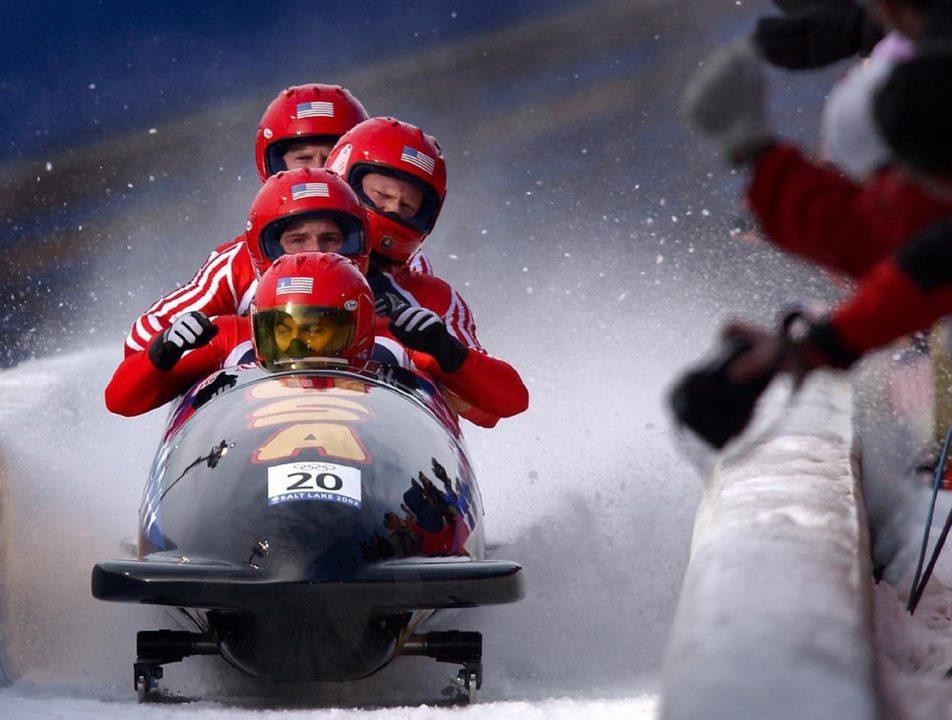A press release from the International Olympic Committee (IOC) claims that in the span of just a year-and-a-half, the monumental task of hosting the Olympics has been revolutionized so much that potential host cities no longer have to fret about their economies collapsing when the Games end, so long as they follow the reforms of Olympic Agenda 2020. Case-in-point: PyeongChang 2018, the most fiscally-successful Winter Olympic Games to date.
Rio de Janeiro descended into economic and political calamity following the 2016 Summer Olympic Games, though Brazil’s economic calamity was impending due to plummeting oil prices, rising inflation, and political crises. PyeongChang, on the other hand, host of February’s 2018 Winter Olympic Games, benefitted from a multi-million dollar income, claims President of the Organizing Committee for PyeongChang 2018 (POCOG), Lee Hee-Beom.
Per the IOC press release:
“I was pleased to say that PyeongChang 2018 can already announce a multimillion-dollar surplus,” POCOG President Lee said. “It seems that Beijing will continue with this trend of Games that break even, or, as in the case of PyeongChang, make a profit.”
IOC President Thomas Bach, who has championed host city selection reform as well as overall host city prerequisites, mostly through the introduction and adoption of the Olympic Agenda 2020, also claimed the 2018 Winter Games created a surplus of cash for the PyeongChang region:
“This debriefing showed that the reforms of Olympic Agenda 2020 now really have come to fruition,” said the International Olympic Committee (IOC)’s President, Thomas Bach. “There you can see the tangible results of these reforms. The most obvious one is the announcement by POCOG that the PyeongChang 2018 Organizing Committee has produced a multimillion-dollar surplus – even after not having fully benefited from the reforms of Olympic Agenda 2020. POCOG President Lee was clear that this was possible only because of the reforms of Olympic Agenda 2020, and because of the close cooperation with the IOC. There, you can see Olympic Agenda at work. This is what will lead us in the right direction for the future organization of the Games. We have proved that we have turned the page with regard to the organization of the Games.”
However, one major item remains out of public view: actual stats and figures proving that the 2018 Winter Olympic and Paralympic Games generated such an esteemed return on investment.
Though the PyeongChang Organizing Committee was undoubtedly more prudent in their investments in infrastructure than the Rio 2016 Organizing Committee, whether the $13 billion or so that were spent on the Games was earned back (and then some) is, at this point, difficult to say.
One objectively positive thing Beijing 2022 will incorporate into its rendition of the Winter Olympics is the heightened emphasis on Olympic legacy. Whereas the Beijing 2008 Summer Olympics cost around $44 billion, the organizers of the Beijing 2022 Winter Olympics are hoping to spend $3.9 billion or less. Beijing 2022 ought to be able to save lots of money Beijing 2008 could not as it will re-use some of Beijing 2008’s venues, including the Water Cube and Bird’s Nest, it is still worth remembering that the original budget for the 2008 Summer Games was merely $4.6 billion, about $35 billion less than was actually spent.
The Winter Olympics represent a peculiar challenge for organizers as the sports contested simultaneously draw in far fewer competing nations and athletes while nonetheless having a higher price tag. However, utilizing temporary venues and reusing stadiums and event centers built for Games past, when possible, should help to curb the rampant spending that has traditionally begotten Olympic host cities and their surrounding populations. As far as Beijing 2008 was concerned, 1.5 million residents were forced to relocate to make room for the new Olympic venues and other major projects meant to accommodate the millions of spectators and tourists that would visit China during the summer and fall of 2008.
Repurposing existing infrastructure is one recommendation given in the Olympic Agenda 2020. Others that Beijing 2022 is likely to attempt to incorporate include:
- Engage with communities;
- Increase transparency;
- Comply with basic principles of good governance;
- Strengthen the IOC Ethics Commission independence;
- Develop a global licensing program;
- Foster dialogue with society and within the Olympic Movement
Those recommendations, though they primarily represent the business side of the Olympics, are nonetheless the most important to the survival of the Olympics, save for increased emphasis on safe sport and clean sport programs. Interestingly, the IOC also recommends an IOC member age limit, a point that FINA has a given times considered and then dismissed.
Though the Beijing Winter Games loom just under three-and-a-half years in the future, the 2020 Summer Games in Tokyo are only a little over 2 years away. Tokyo 2020 has also split the city into two regions: the Tokyo Bay Zone and the Heritage Zone. True to its name, the Heritage Zone will utilize venues built for the 29164 Summer Games, including the Yoyogi National Gymnasium for handball and the Nippon Budokan for judo and karate. Tokyo, which hosted the Olympics in 1964, will also rely on the surrounding regions to host a number of sports, including soccer, cycling, softball, and baseball.
